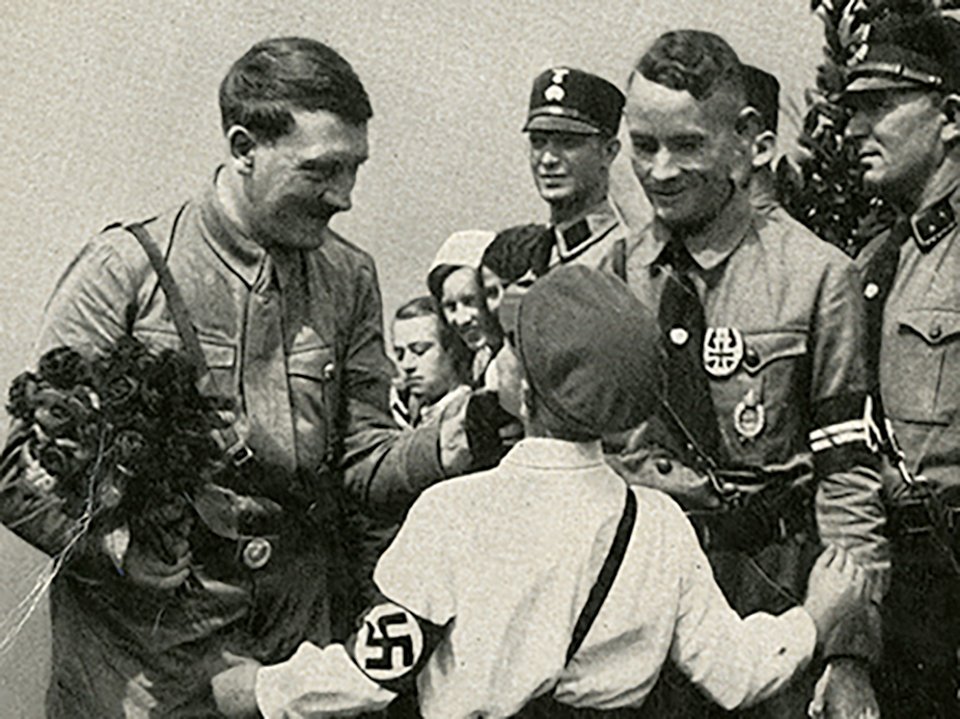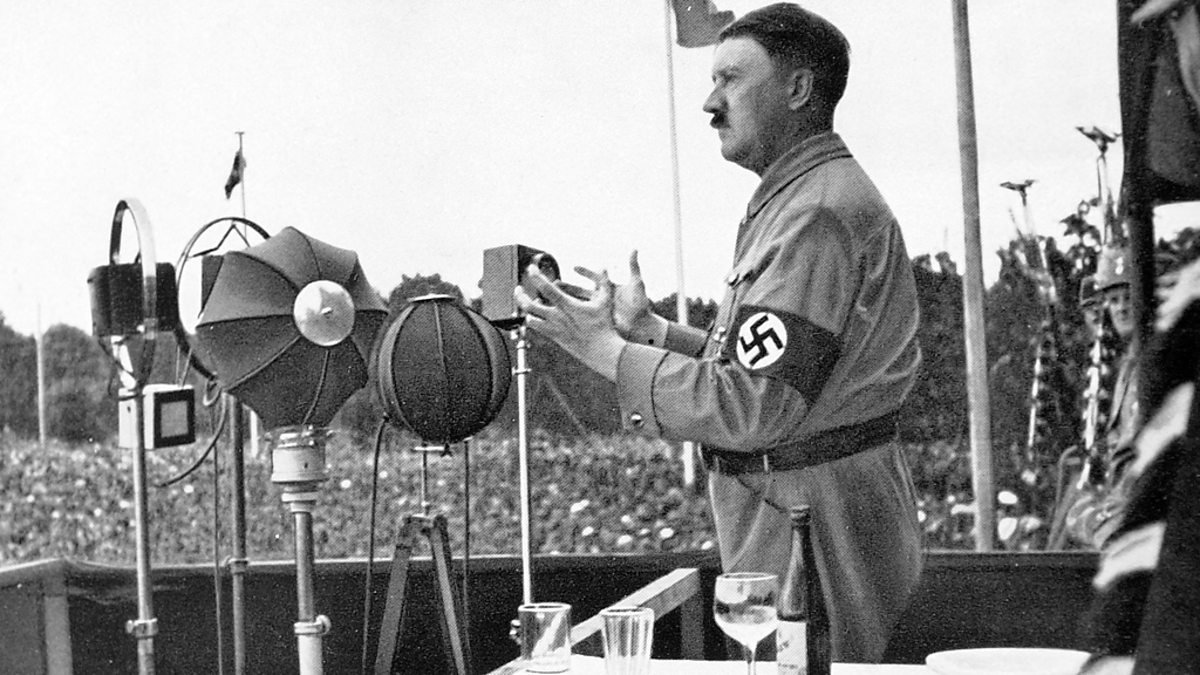Adolf Hitler, one of history’s most infamous figures, was the dictator of Nazi Germany from 1933 to 1945. Born on April 20, 1889, in Braunau am Inn, Austria, Hitler rose from a struggling artist and soldier to the leader of the National Socialist German Workers’ Party (NSDAP). His ideology, political ambitions, and propaganda machinery led to immense destruction, the outbreak of World War II, and the genocide of millions of innocent people.
Early Life and Rise to Power
Hitler’s early life was marked by hardship and failure. He moved to Vienna to pursue a career in art but faced repeated rejection from the Vienna Academy of Fine Arts. During World War I, he served as a soldier for Germany and was decorated for bravery, which fueled his nationalist sentiments. In the early 1920s, Hitler joined the fledgling Nazi Party and became a powerful orator, inspiring nationalist fervor and anti-Semitic ideology.
By 1933, Hitler was appointed Chancellor of Germany, and through propaganda, intimidation, and the suppression of opposition, he consolidated absolute power. The Enabling Act of 1933 allowed him to bypass the democratic system, laying the foundation for a totalitarian regime.

Ideology and Brutality
Hitler’s worldview was deeply rooted in racial supremacy, anti-Semitism, and extreme nationalism. He considered the Aryan race superior and blamed Jews, communists, and other minorities for Germany’s problems. This ideology led to the systematic persecution of millions through concentration camps, forced labor, and mass executions — collectively known as the Holocaust.
Hitler’s aggression extended beyond Germany. His foreign policies and invasions of Poland, France, and the Soviet Union triggered World War II, resulting in the deaths of over 70 million people, both military and civilian. His military strategies, combined with ruthless suppression of dissent, demonstrated his brutality not only toward his enemies but also toward his own people.
Death and Legacy
Adolf Hitler’s reign ended on April 30, 1945, when he committed suicide in his Berlin bunker as Allied forces closed in. His dictatorship left behind a world scarred by war, genocide, and devastation. Hitler’s legacy serves as a grim reminder of the dangers of unchecked power, fanaticism, and hatred.
Adolf Hitler remains one of history’s most notorious leaders. His rise from obscurity to a dictator, combined with his extreme ideology, led to unimaginable suffering. Studying Hitler’s life and brutality is essential to understanding the catastrophic consequences of totalitarianism and the importance of protecting human rights and democracy.
Sherlock Holmes by Sir Arthur Conan Doyle
Byomkesh Bakshi by Sharadindu Bandyopadhyay
Aranyak by Bibhutibhushan Bandopadhyay
![]()





